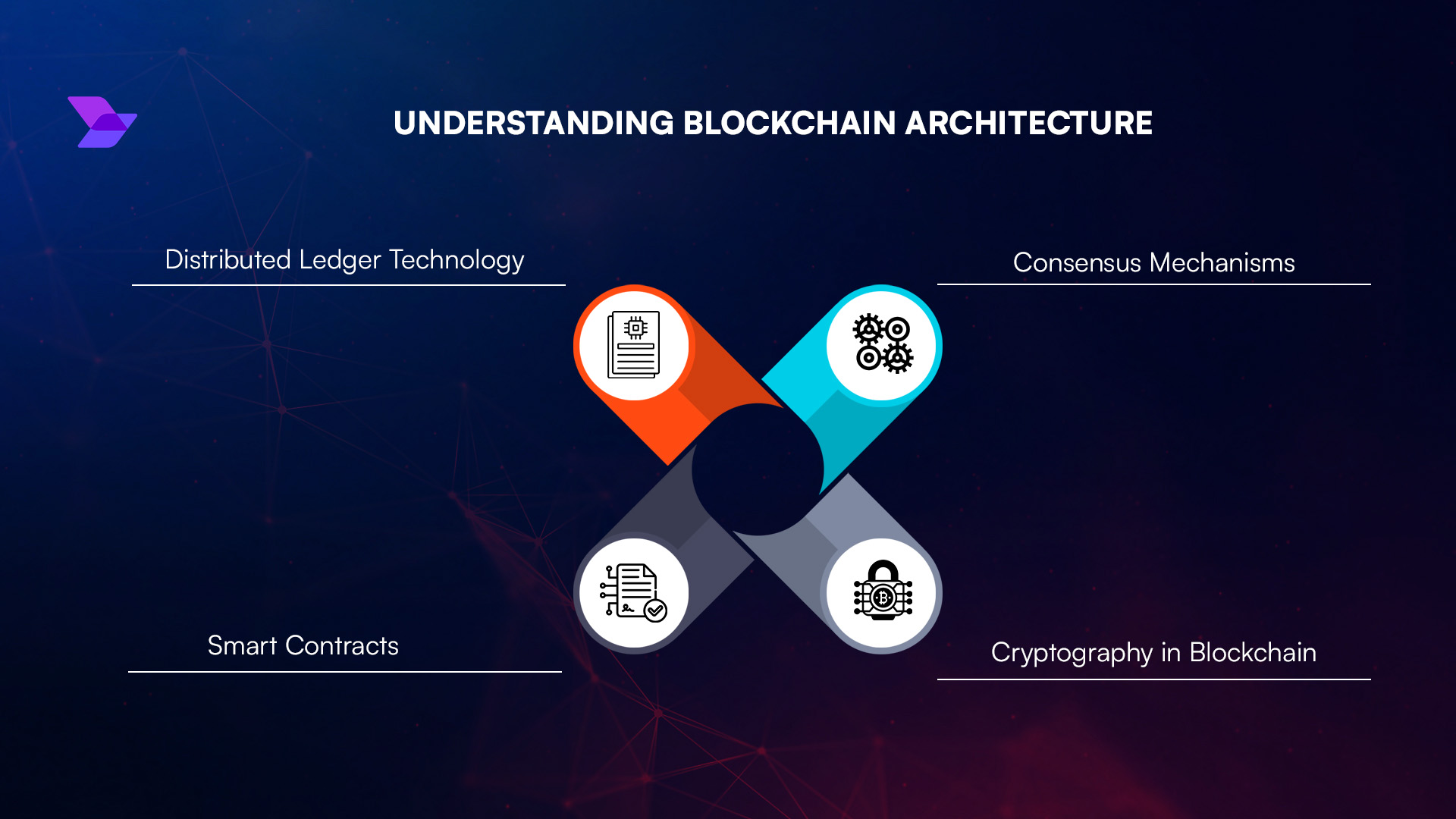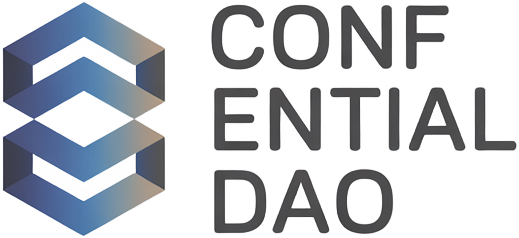
In 2025, zero-knowledge proofs (ZKPs) have moved from cryptographic theory to the operational core of confidential DAO governance. This shift is not just technical – it is cultural. DAOs, once synonymous with radical transparency, are now embracing privacy as a prerequisite for robust, scalable governance. The market’s appetite for privacy-preserving DAO voting and secure treasury management is clear: new ZKP-based projects are launching scalable governance layers built entirely on proof mechanics, while established protocols are racing to integrate advanced cryptographic solutions.

The Privacy Imperative in Decentralized Governance
The fundamental appeal of DAOs lies in their promise of democratized decision-making without centralized intermediaries. However, this transparency comes at a cost: public voting records can expose members to social pressure, retaliation, or manipulation. As the stakes and capital governed by DAOs increase, so too does the need for confidentiality. In response, privacy advocates and technical stewards have pushed for standards that allow DAOs to operate securely without sacrificing accountability.
Zero-knowledge proofs address this challenge head-on. By enabling one party to prove knowledge or execution of an action without revealing underlying data, ZKPs allow DAOs to validate votes and transactions while keeping member identities and choices confidential. This balance between verifiability and privacy is now recognized as essential for healthy decentralized governance.
ZKP Applications Transforming DAO Operations in 2025
Anonymous Voting: The most visible impact of ZKPs is in anonymous DAO voting. Protocols like MACI encrypt votes so that no outside party can read them; only the final tally is revealed and verified using zero-knowledge proofs. This ensures that every vote counts accurately while protecting voter privacy against both internal and external threats.
Private Delegation: Advanced delegation protocols such as Kite leverage ZKPs so members can privately delegate or revoke voting power without exposing their relationships or preferences on-chain. This protects strategic alliances within the DAO and mitigates targeted lobbying or coercion.
Confidential Transactions: Beyond governance votes, DAOs increasingly rely on ZKPs for private on-chain transactions, such as payroll distributions or treasury allocations, where transaction amounts and recipient addresses remain hidden from public view but are still provably correct. For an in-depth look at implementation best practices, see this guide.
Implementation Challenges: Efficiency Meets Compliance
The integration of ZKPs into DAO frameworks has not been without hurdles. Generating and verifying zero-knowledge proofs remains computationally intensive, especially at scale, requiring careful optimization to avoid bottlenecks during critical governance periods. Projects like Horizen DAO and Zero Knowledge Network are pioneering techniques for faster proof generation and verification to keep decentralized processes efficient even as participation grows.
An equally pressing concern is regulatory compliance. With NIST targeting a 2025 deadline for ZKP standardization, DAOs must ensure their implementations align with evolving legal requirements around digital assets and data protection. Failure to do so could jeopardize both operational integrity and member trust.
A New Standard for Trustless Collaboration
The rise of private DAO cryptography marks a turning point in decentralized governance philosophy: transparency remains foundational, but confidentiality is now recognized as equally vital for sustainable collaboration at scale. As more DAOs adopt ZKP-based solutions in 2025, expect the next generation of decentralized organizations to set new benchmarks for security, privacy, and inclusivity, all without compromising verifiability or trust.
These developments are not merely incremental technical upgrades; they represent a paradigm shift in the way decentralized organizations operate. Confidentiality is now a strategic asset for DAOs managing sensitive matters such as treasury allocations, partnership negotiations, or regulatory compliance. The ability to execute and verify decisions without exposing granular details gives DAOs a competitive edge and attracts participants who might otherwise be deterred by the risks of public transparency.
For DAO founders and contributors, mastering DAO privacy best practices is no longer optional. It requires rigorous threat modeling, ongoing audits of ZKP implementations, and a disciplined approach to key management. Projects that fail to prioritize these aspects risk both reputational damage and functional breakdowns in their governance systems.
Practical Steps for DAOs Adopting Zero-Knowledge Proofs
To successfully implement ZKP-based governance, DAOs must follow a structured process:
- Evaluate Protocol Maturity: Assess the security track record of ZKP libraries and frameworks before integration.
- Optimize for Scale: Benchmark computational requirements under real-world voting loads and optimize where possible.
- Audit Regularly: Engage third-party cryptographers to review both smart contracts and off-chain components.
- Educate Stakeholders: Train DAO members on privacy features and operational best practices to minimize human error.
- Monitor Regulatory Shifts: Stay current with global standards on digital identity, cryptography, and data privacy.
This disciplined approach ensures that confidentiality does not come at the expense of security or legal integrity. For more actionable guidance on deploying private voting systems, see our resource on implementing zero-knowledge proofs for confidential voting in DAOs.
What’s Next? The Road Ahead for Confidential DAO Governance
The race is now on to establish interoperable standards for ZKPs across blockchain ecosystems. As NIST finalizes its recommendations, expect rapid convergence around best-in-class protocols that deliver both performance and compliance. We are also seeing the emergence of hybrid models combining optimistic rollups with ZKP-based attestations, reducing latency while preserving privacy guarantees.
The evolution of confidential DAO governance will likely accelerate innovation in adjacent sectors: decentralized identity networks (such as those using biometric-based ZKPs), cross-chain treasury management tools, and even confidential arbitration frameworks for resolving disputes without public disclosure. The common thread is clear: advanced cryptography will underpin every layer of trustless collaboration moving forward.
The market’s message is unambiguous, privacy-first governance is no longer an experimental feature but an operational necessity. In this new era, DAOs that invest early in robust zero-knowledge infrastructure will be best positioned to lead as capital flows into confidential digital economies. Discipline in implementation paired with relentless innovation will define the winners in decentralized governance throughout 2025 and beyond.






